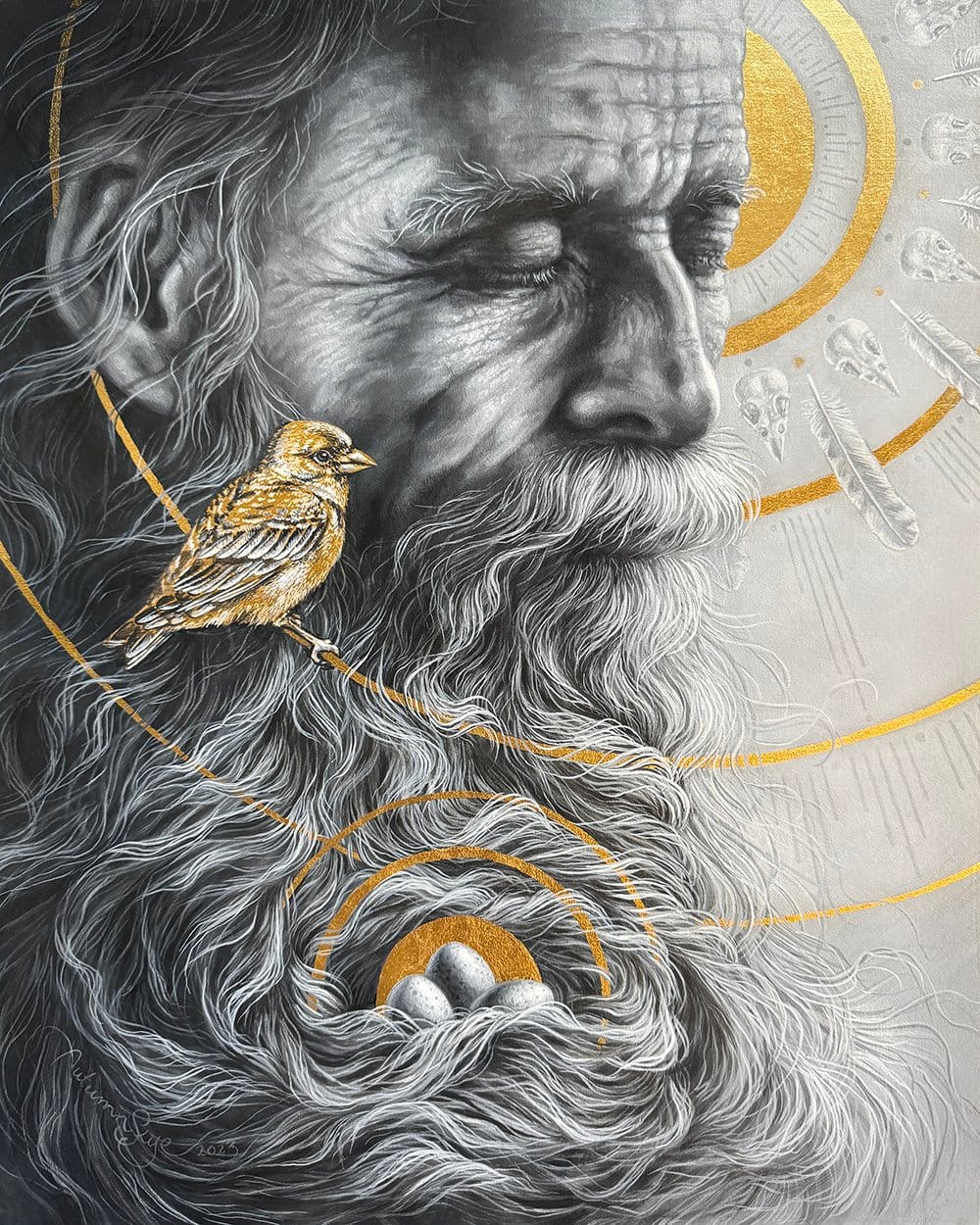There is a Way of Seeing the World Different
The main goal of my dissertation is to present Responsive Naturing by focusing on how it explains our perceptions.

The main goal of my dissertation is to present Responsive Naturing by focusing on how it explains our perceptions.
